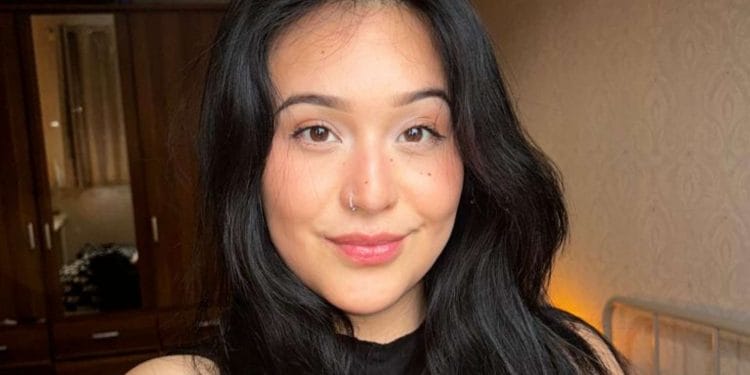Valentina Andrade is Co-Writer of My Uncle is Not Pablo Escobar which will open at Brixton House this June.
The world premiere of new play My Uncle Is Not Pablo Escobar challenges toxic stereotypes of Latinx people – the 8th largest ethnic community in the UK and one of the fastest growing, but still not recognised as a category in the national census and other major bodies.
Inspired by the real-life story of a major multinational British highstreet bank laundering money for cartels, the show imagines how a powerful team of Latinx women could come together at great risk to themselves to expose the men profiting from crime in Latin America and seek justice.
My Uncle is Not Pablo Escobar is at Brixton House 7 – 24 June 2023.
What inspired you to write it?
After having spoken with Tommy Ross-Williams and Elizabeth Alvarado, post our time at the Advocacy Academy, we realised that there was a huge need for things made by Latinx creatives for Latinx communities. We were inspired to write this piece in order to make visible the issues within an invisible community as well as empowering Latinx young women.
The cast is comprised of young Latinx women, how important to you was it to have this representation on stage?
We believe that it’s highly important to have Latinx women on stage in a show that is based around them. I think that for young women and for young Latin American people to come and see the show and be able to see someone that looks like them on a stage and in a place like Brixton House, we know that this is a time when we will feel empowered, uplifted and seen.
Normally within media or creative things here in the UK, Latin American women aren’t represented properly and they won’t cast people that fit the community and that represent the community in a way that is true to us.
And what are you enjoying most about working with the cast?
What I enjoy more with working with the cast that we have is their relationship to the script and to the stories and to the scenes with themselves. I think a lot of us are very amazed at the reality of the show and what it talks about and encompasses.
And because most of the actresses are second generation migrants who have grown up in areas such as South London – or pockets of London that are similar to those of Honey, Lucia, Catalina and Alejandra – I enjoy seeing their relationship to a certain line that they have once said or a family member has said, or a certain cuisine that comes up. Having that relationship between a cast member and their script has been really nice and to see that develop is the reason as to why we created ‘My Uncle Is Not Pablo Escobar’; to have people from our community feel like they have a relationship with something other than a telenovela.
What do you think will be the biggest challenge in bringing My Uncle is Not Pablo Escobar to the stage?
I don’t necessarily think that there is a challenge in bringing the show to the stage, but rather because the show is not simply one thing – it also has a campaigning arm, it has Latin Excluded joined to it, it has work with The Advocacy Academy joined to it, it has a Latinx Festival joined to it. I think the complicated thing about bringing what encompasses ‘My Uncle Is Not Pablo Escobar’ to stage – and to places like Brixton House, The Village, Atlantic Road – it’s the lack of funding that there is for projects made by young Latin American people and women and I think it’s really hard to find specific funding for the huge amount of work that we are trying to do.
But I think the challenge of bringing it to the stage or worrying about people enjoying it, it’s more the other work we want to do around ‘My Uncle Is Not Pablo Escobar’ that requires some funding. But aside from that I think the show is amazing just the way it is and people will definitely enjoy it.
What would you say to anyone thinking of booking to see My Uncle is Not Pablo Escobar?
For anyone booking or thinking about booking to see the show ‘My Uncle Is Not Pablo Escobar’ the one thing i would say is be ready for thrill, be ready for fun, be ready for craziness, chihuahuas and everything more.
Also be ready to see the reality of a community we haven’t seen yet and be ready to love and to uplift and to respect and to learn from the work that we have done from our own lived experiences and the stories of so many other people in our community.
It’s filled with fun, its filled with games it’s filled with up and down emotions but at the same time its filled with immense reality and that’s what makes it so fun because you have the magical realism and the ups and downs of absurdity but at the same time you also have the reality of what it means to be a British Latinx woman.

















